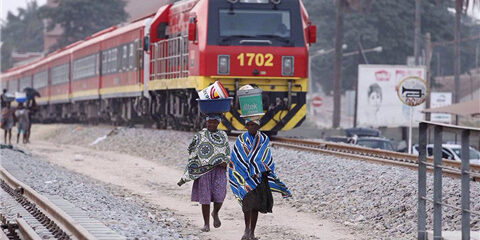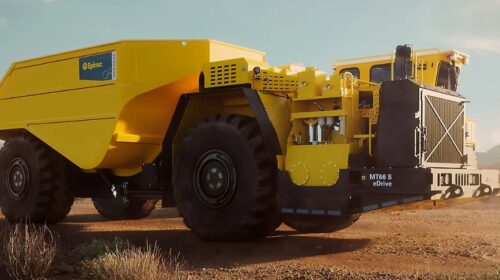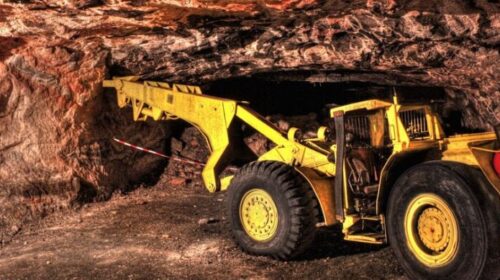Benguela Railway highlights advantages of the Concessionaire
The Benguela Railway (CFB) has played a vital role in regional development and economic transformation since its establishment on May 26, 1902.
By unlocking new regions and providing access to markets for manufactured products, the CFB has contributed significantly to the growth and diversification of the economy.
Through strategic investments by the Angolan government, the railway company is poised to assume a fundamental role in driving economic development.
The Caminhos-de-Ferro de Benguela has served as a unifying force, fostering cultural convergence and facilitating the formation of a railway working class in the Central Plateau region.
This interaction has given rise to new social and cultural elements, benefiting various social groups such as natives, industrialists, merchants, and farmers.
Consortium Entry: A New Horizon for the Benguela Railway
With the participation of Trafigura Group Pte, Vecturis, and Mota Engil, Engenharia e Construção África, the management of Caminhos de Ferro-de-Benguela (CFB) is embarking on a new phase of excellence in transportation services for people and goods. The consortium expects to transport approximately one million tons in its first year of operation, thereby stimulating the national economy and generating employment opportunities.
Under the concession agreement, the consortium will operate and maintain the Lobito Corridor, including the workshops in Huambo. The aim is to maximize the economic potential of the railway infrastructure, boost provincial economies along the railway line, and promote regional integration.
This initiative aligns with the government’s efforts to connect the Atlantic and Indian Oceans by linking the railway to Porto from Dar-es-Salaam, Tanzania.
Investments and Economic Benefits
Recent state investments totaling approximately US$1.9 billion have revitalized the Lobito Corridor and connected it to the Democratic Republic of Congo (DRC), paving the way for economic recovery.
To support the increased operations, the consortium will recruit additional workforce from within the company, ensuring economic benefits for all workers and their families.
The 50-year concession contract aims to improve rail infrastructure, enhance the transportation of goods, and stimulate economic, social, and cultural development in the communities along the railway line.
Reviving the Camacove Train
The Chairman of the Benguela Railways announced the reintroduction of the Camacove train, a historical symbol of the railway’s modernization in the 1960s and 1970s.
By refurbishing the train, the company aims to address the transportation needs of low-income populations and improve the delivery of goods from farmers and peasants, reducing product deterioration.
The Camacove train services are contingent upon the arrival of replacement wheels ordered from South Africa. Meanwhile, the company currently operates the Express Train services, which have raised some concerns among regular users due to limited availability.
The Historic Origins and Progress
The Benguela Railway was founded by Robert Williams in 1902, following a concession from Portugal for a 99-year period. The construction of the railway faced numerous challenges, including financial difficulties and logistical constraints. However, Williams secured financial resources and expanded the railway line to Katanga, playing a crucial role in attracting ore traffic to the ports on the east coast.
The construction of the railway proceeded with the engagement of local labor, connecting Huambo to Chinguar by 1913. Despite financial struggles, Williams fought to maintain control of the company amidst German attempts to gain influence over the Benguela Railway.
The Benguela Railway has been instrumental in regional development, creating economic opportunities and facilitating cultural convergence.
With new investments and the introduction of the Camacove train, the railway continues to shape the future of transportation and economic growth in Angola.
![]()





